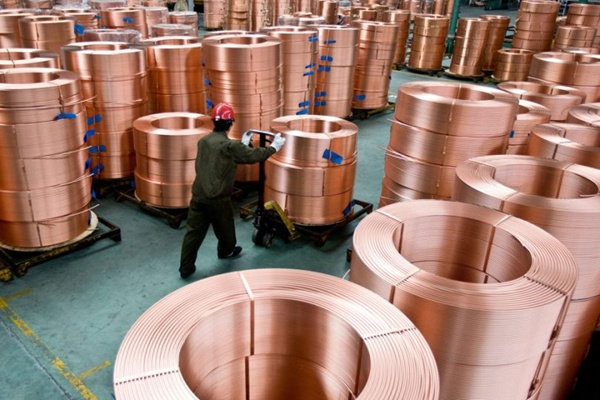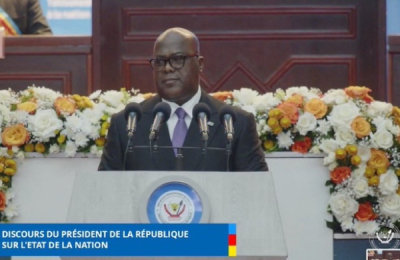Dowstone Technology, a Chinese company specializing in battery materials, announced on July 3, 2025, its plan to build a new copper smelter in the Democratic Republic of Congo (DRC). The company intends to invest $165 million in the plant, which is expected to produce 30,000 tons of copper cathodes annually. Construction for the facility is projected to take 18 months.
Subject to regulatory approvals from both countries, this project could ultimately strengthen China’s presence in the refined copper sector within the DRC. Several Chinese companies have been investing in local processing of Congolese copper in recent years. Dowstone itself is already active in the country, reporting cathode production units with an annual capacity exceeding 60,000 tons as of late 2024. China Nonferrous Mining Corp (CNMC) also operates the Lualaba Copper Smelter, which opened in 2020 and has a processing capacity of 100,000 tons of copper.
Meanwhile, Chinese groups Zijin Mining and CITIC Metal have signed agreements with Canadian company Ivanhoe Mines to secure 80% of the output from the upcoming Kamoa-Kakula smelter. This facility, set to begin operations in September 2025, will be Africa's largest of its kind with an annual processing capacity of 500,000 tons of copper. Notably, Zijin Mining is already directly involved in the project due to its 39.6% stake in the Kamoa-Kakula mine.
China's Growing Footprint in DRC Copper
China's significant involvement in refined Congolese copper highlights the evolving trade relationship between the two nations. In 2024, Congolese exports of refined copper to China reached 1.48 million tons, marking a 71% annual increase.
As a major hub for refining strategic minerals, China is also a large consumer, relying on key supply sources to meet its demand. The DRC, for its part, is Africa's leading copper producer and ranks second globally.
However, this new project announced by Dowstone comes as Kinshasa looks to diversify its mining partners. According to Marcellin Paluku, Deputy Chief of Staff at the Ministry of Mines, 80% of Congolese mines are operated in partnership with Chinese companies, which he views as a "risk" to the local economy.
The government is therefore seeking other partners, such as the United States and Saudi Arabia, to lessen this reliance. The impact of this strategic shift on future Chinese investments remains uncertain for now.
Aurel Sèdjro Houenou, Ecofin Agency










